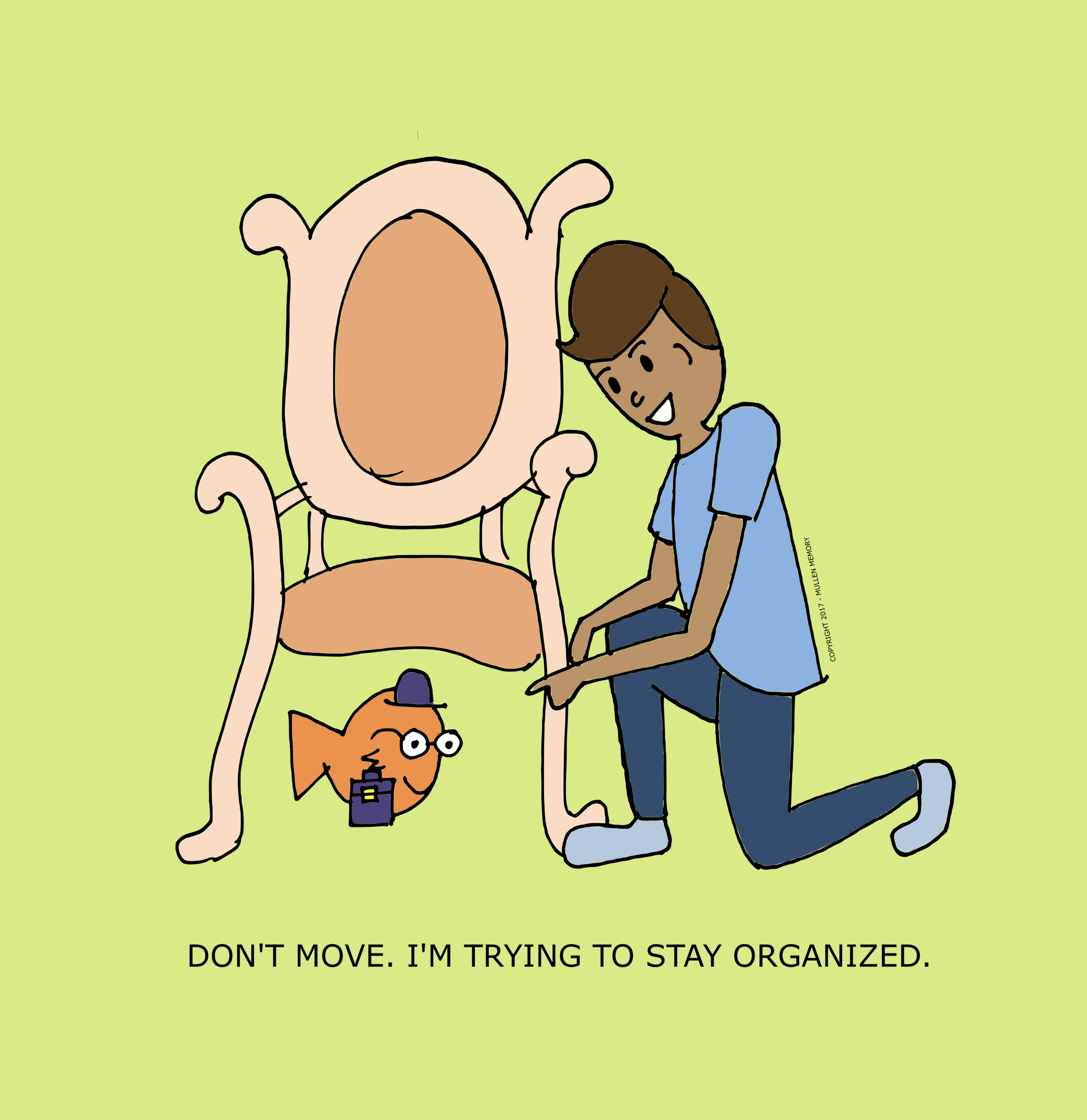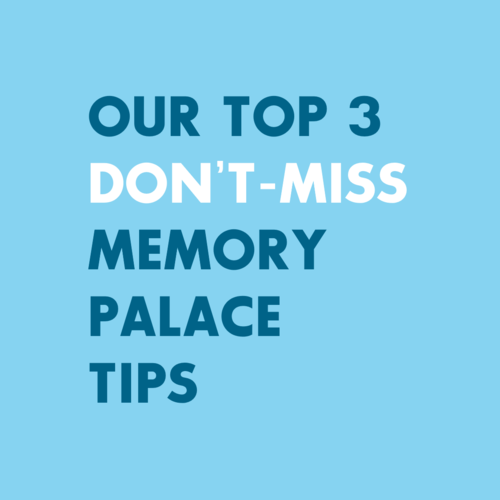We’ve received a few messages recently from people who are starting a professional school this year. I remember finding out we had been accepted to medical school in the winter and spring of our senior years. It’s an exciting but daunting time. The questions we’ve been getting often have to do with “training the mind” or preparing to learn large amounts of material. It’s hard to pre-learn for school, especially if you don’t have access to study material or even know what the high-yield concepts will be.
There are some things you can do to prepare, even without having access to the material. As Alex and I were both engineering majors in college, we were more accustomed to problem-solving and less familiar with building broad knowledge bases. I think it makes total sense to start looking ahead at what study strategies might set you up to succeed from the start.
While you’ll want to employ multiple evidence-based learning strategies in practice, the memory palace technique may be one worth practicing before you reach a high-stakes environment. Whereas retrieval practice and spacing may be simpler to implement (eg, via Qbanks and spaced repetition software like Anki), the memory palace poses more barriers to entry. Studies show that mastery of mnemonics—in other words, training or experience using mnemonics—acutely impacts how well the technique works. This finding matches our personal experience. There can be a learning curve to using the technique effectively.
You don’t want to be figuring out the memory palace technique at the same time you’re learning the material. You want the technique to be instinctive, so you can focus on mastering the material itself. The best way to master a new learning strategy is to use it in practice. That said, if you want to hit the ground running as soon as school starts, you might want to master the learning strategy before applying it the first time to real material. With that in mind, I suggest learning something that you’ve always wanted to learn about with the memory palace, just to get the habit and motions under your belt. And you’ll learn something fun while you’re at it!
Below is a one month ramp up to mastering the memory palace. This schedule assumes that you are familiar with the memory palace technique and the reasoning behind it. If you’re new here, watch this first!
Week 1 - Practice the palace
Start by familiarizing yourself with the feeling of mentally walking through a palace and figure out your own system for picking out loci. By the end of this week, you should have:
Watched the palace relevant videos below
Practiced picking loci in your house/apartment
Have a list of 40 palaces on hand using the memory palace worksheet
Picked a topic that you’d like to learn this month
Week 2 - Flex your imagination
Practice converting your learning material into the most relevant keyterms and concepts. This week is all about learning what material is best converted into images and the different ways you can do so. By the end of this week, you should have:
Watched the relevant image creation videos below, and read the articles on being a minimalist memorizer and on low-stress visualization
Practiced visualizing anything that you read or hear as images. The wackier the better. Don’t be shy!
Have at least 20 images of your learning material.
Week 3 - Put it all in place
It’s your time to shine. By the end of this week, you should have:
Watched the videos and read the article on why you should put your images in palaces.
Created a palace with (at least part) of your material, using original images and loci
Week 4 - Level up (your review of your palaces)
We’ve said it before and we’ll say it again: these palaces are best used with other strategies. Do yourself a favor and figure out a good review strategy that you like. We’re fans of Anki. Alex uses it for memory competitions and we use it for school. This week is all about working out the kinks and setting up your palace review. By the end of this week, you should have:
Read the articles below addressing key roadblocks and how Alex sets up his Anki review.
Downloaded Anki or set up a physical review system like flashcards.
Reviewed your palace from last week—what did you do well? How can you improve?





